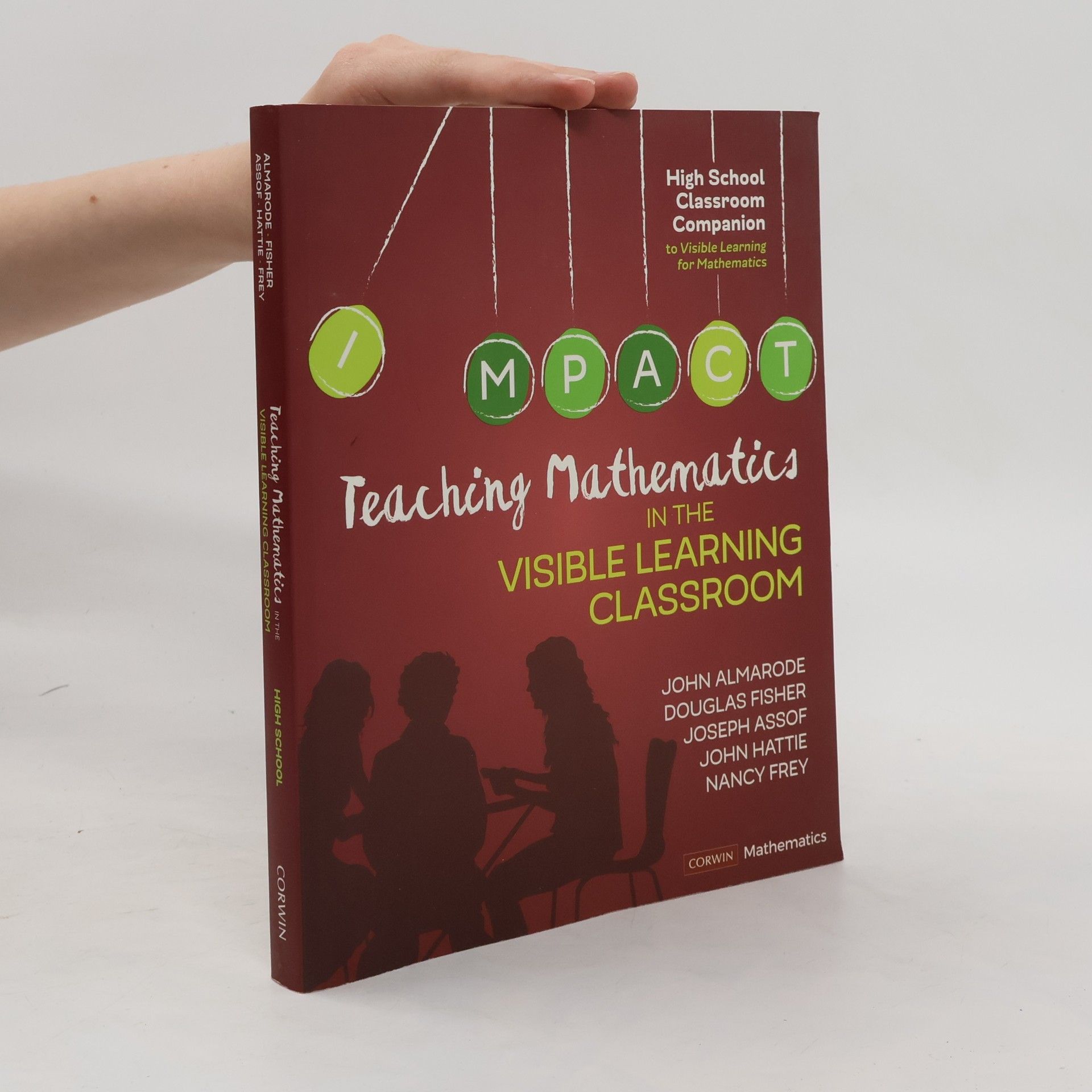How Feedback Works
- 240 pages
- 9 hours of reading
Feedback keeps learning moving forward. Picture water pouring into a crystal goblet. That's how clear and dynamic feedback must be. You can achieve that perfect swirl of giving, receiving, and integrating feedback with this remarkable book, which is organized into 16 modules for self-study or PLCs. Major concepts include: Defining Feedback: learn the most useful types of feedback, why to align them with transparent criteria, how to gather evidence. 4 C's of Feedback: offer it with care, credibility, clarity, and clear communication Gathering Evidence for Feedback: use a balance of verbal, written, and kinesthetic responses; peer collaboration, checks-for-understanding, technology, and more.

